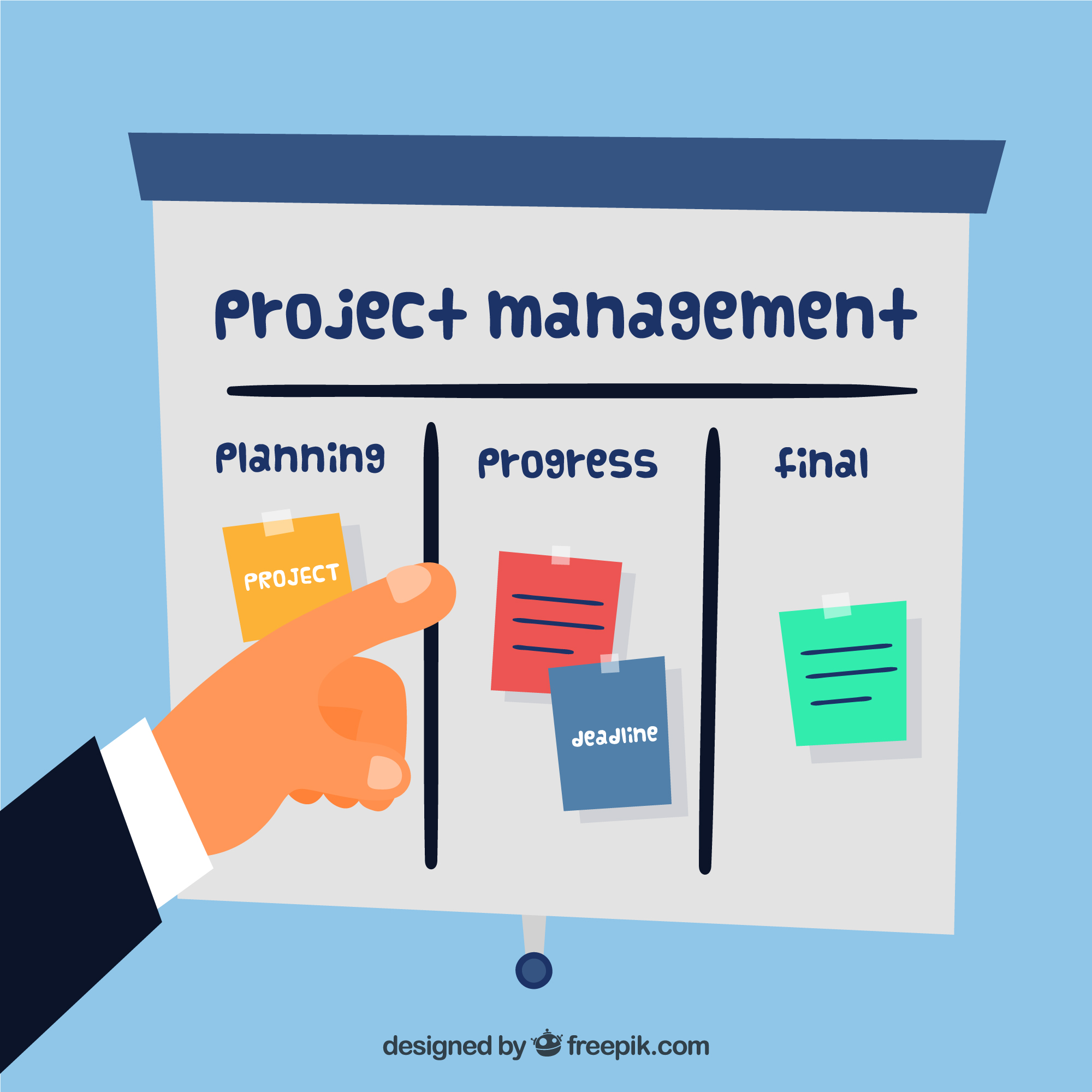Time Management Strategies for the Busy Young Professional
- Author :
- Date : 09 Aug 2025
- Time : 7 Min to read

Time Management Strategies for the Busy Young Professional
Time management is a critical skill for emerging professionals juggling heavy workloads, tight deadlines, and personal commitments. Learning to prioritize tasks, delegate effectively, and establish healthy work-life balance can elevate your productivity, reduce burnout, and promote long-term career success. This detailed guide shares practical time management techniques, actionable advice, and insights to help you thrive in a fast-paced professional environment.
Why Mastering Time Management Matters
- Boosts productivity and goal achievement
- Reduces stress and prevents burnout
- Enhances work-life harmony
- Demonstrates professionalism and efficiency
- Supports rapid career advancement and employer recognition
1. Set Clear Priorities with the Eisenhower Matrix
Categorize tasks into four quadrants:
| Quadrant | Task Type | Action Strategy |
|---|---|---|
| Urgent & important | Deadlines, crises | Do immediately |
| Important, not urgent | Long-term projects, growth | Schedule thoughtfully |
| Urgent, not important | Interruptions, trivial requests | Delegate or postpone |
| Neither urgent nor important | Distractions | Eliminate or defer |
Using this method ensures high-impact activities receive your full focus.
2. Apply Time Blocking and Batch Work
- Time block your day: Allocate dedicated hours for tasks like email review, project work, learning, and breaks
- Batch similar tasks: Grouping meetings, emails, or admin reduces context-switching and increases efficiency
- Protect your schedule: Treat blocks as non-negotiable commitments on your calendar
3. Use the Pomodoro Technique for Sustained Focus
Implement intervals of concentrated work followed by short breaks:
- Work for 25 minutes, then take a 5-minute break
- After four cycles, take a longer break of 15-30 minutes
- Helps maintain high levels of productivity while avoiding fatigue
4. Delegate, Automate, or Eliminate
- Delegate: Assign tasks that others can complete equal or better than you, especially routine activities
- Automate: Use templates, scripts, or tools to handle repetitive tasks—set up email filters or calendar reminders
- Eliminate: Identify low-value tasks and reduce or remove them from your workflow
5. Schedule Regular Breaks and Downtime
- Plan short walks, mindfulness breaks, or coffee time to re-energize
- Take full lunch breaks and avoid working through them
- Use vacation days or weekends without work to reset and prevent burnout
6. Track Time to Identify Improvement Areas
- Monitor how long tasks actually take vs estimated times
- Identify time leaks such as social media, unscheduled calls, or unnecessary meetings
- Adjust time blocks and improve estimation accuracy over time
7. Plan Tomorrow, Today
- End each day by reviewing accomplishments and planning your next day's priorities
- Review your calendar to prepare mentally and ensure readiness
8. Use Digital Tools to Stay Organized
- Task management apps: Trello, Asana, Todoist
- Calendar tools: Google Calendar, Outlook (block time, set reminders)
- Time tracking tools: Toggl, RescueTime for productivity analysis
9. Learn to Say No
- Evaluate requests against your priorities before committing
- Offer alternative timelines or propose delegation if you're fully booked
- Saying no politely allows you to honor your commitments
10. Build Sustainable Habits for Long-Term Success
- Practice these techniques consistently to automate productive routines
- Reflect weekly to assess what worked and adjust approaches
- Solicit feedback from mentors or peers on your effectiveness and time use
Avoiding Burnout and Maintaining Work-Life Balance
- Set clear boundaries: End workdays at a regular time and avoid weekend spillover
- Engage in physical activity and hobbies outside of work
- Protect personal time: prioritize family, rest, learning, or relaxation activities
- Digital detox windows: turn off work notifications during evenings and weekends
Structured Training: Boost Time Management and Efficiency
If you want to master productivity frameworks, personal organization, and professional habits, consider enrolling in MentoraX's Project Management Professional (PMP) classroom course. While project management relates directly, the course content includes modules on time planning, resource scheduling, task delegation, risk management, stakeholder coordination, and milestone tracking. This training delivers powerful time management tools and structured planning techniques to enhance both personal focus and team coordination.
Sample Daily Routine for a Busy Young Professional
| Time | Activity |
|---|---|
| 07:00 – 07:30 | Morning routine, hydration, quick exercise |
| 07:30 – 08:00 | Plan day, review priorities and calendar |
| 08:00 – 10:00 | Time block: high-impact project work |
| 10:00 – 10:15 | Short break – stretch or snack |
| 10:15 – 12:00 | Batch admin tasks and email |
| 12:00 – 13:00 | Lunch break and mental reset |
| 13:00 – 15:00 | Meetings, coordination, teamwork |
| 15:00 – 15:15 | Pomodoro break – walk or mindfulness |
| 15:15 – 17:00 | Final project push or learning time |
| 17:00 – 17:30 | Review completion, plan next day |
| 17:30 onwards | Family time, hobbies, rest |
Monitoring Your Progress and Productivity
- Weekly reviews: Check completed vs planned tasks
- Time saved: Estimate hours saved with batching or automation
- Stress levels: Note energy and burnout indicators
- Outcome quality: Measure accuracy, delivery consistency, and stakeholder satisfaction
Final Thoughts
Effective time management balances productivity, focus, and self-care. By implementing strategies like task prioritization, structured scheduling, Pomodoro cycles, and delegation, you build sustainable routines that lead to successful, balanced careers. Don't overlook your personal time when chasing work success.
If you're looking to elevate your planning precision and efficiency, our Project Management Professional (PMP) course provides robust frameworks and professional habits that sharpen personal and team time use. Invest in your productivity toolkit today—develop habits that bring both performance and well-being into focus.
Related Posts




09 Aug 2025 • 11 Min Read
The Importance of Mentoring: How to Find a Great Mentor and How to Be One
None



09 Aug 2025 • 12 Min Read
The Art of Salary Negotiation: What Every Young Professional Should Know
None







09 Aug 2025 • 8 Min Read
Building a Personal Brand in the Digital Age: A Guide for New Professionals
None






12 Jan 2026 • 7 Min Read
MentoraX Approach: Why Technology Alone Is Not Enough
Why sustainable transformation requires more than tools—and how MentoraX connects technology, people, and execution.
